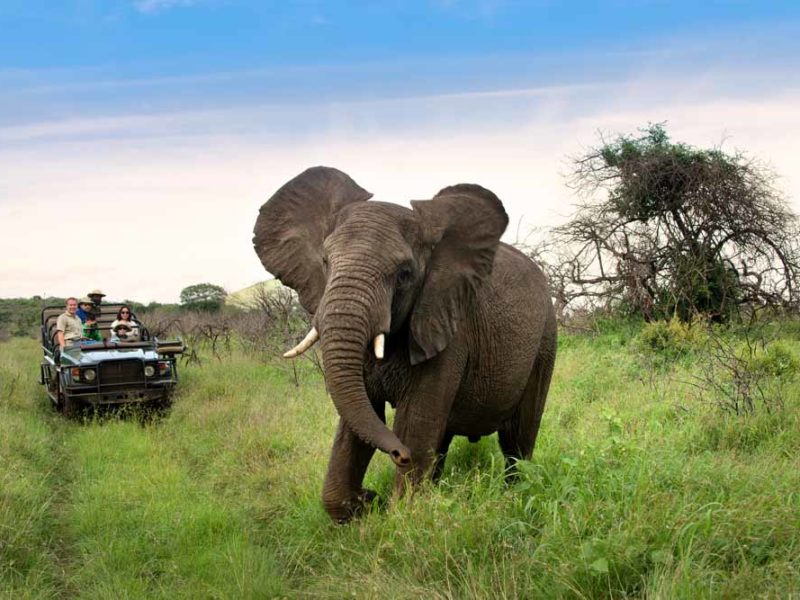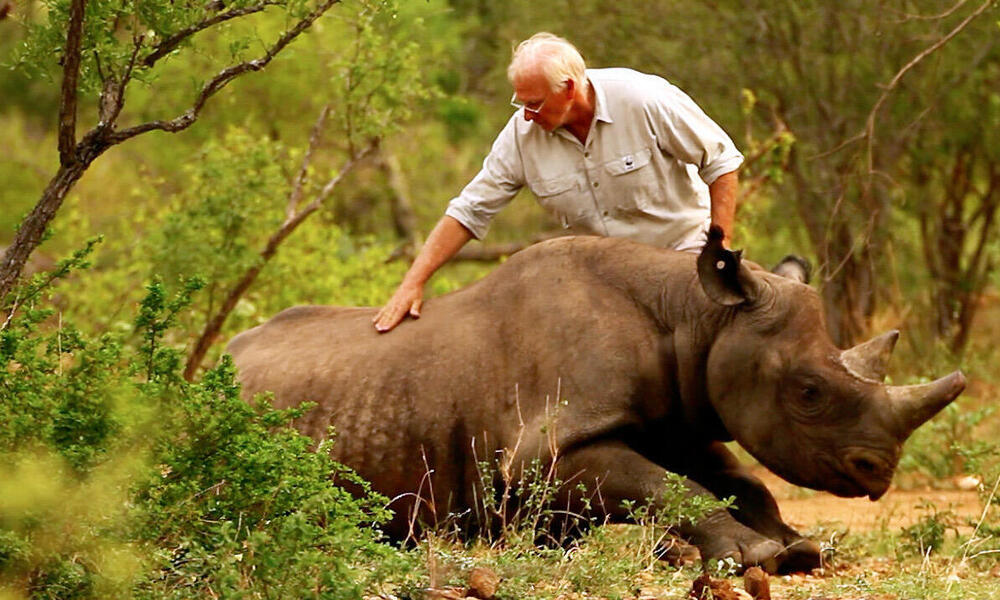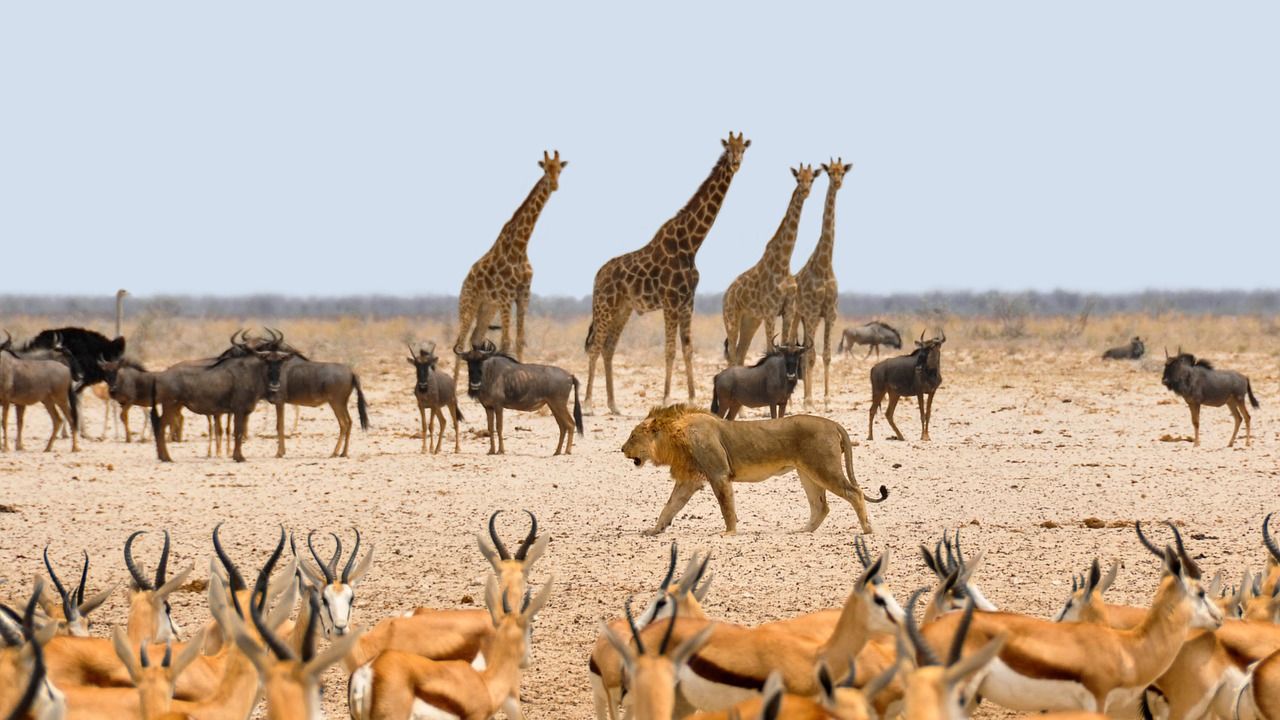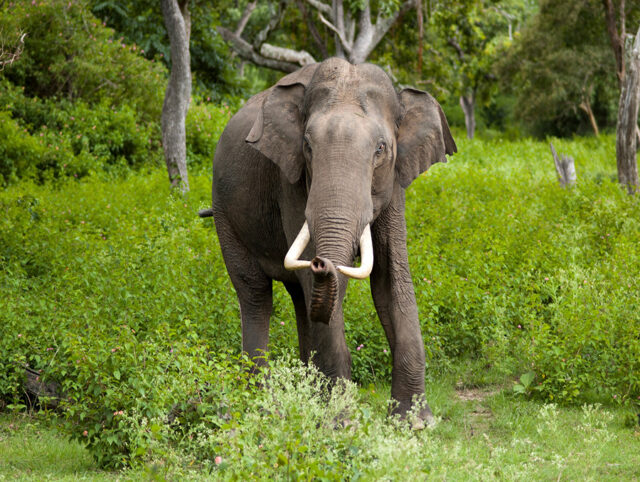Africa is home to some of the most incredible wildlife on Earth, and its conservation efforts have been essential in preserving these animals for generations. But beyond safaris, there is so much more to discover when it comes to experiencing African wildlife conservation.
From tracking endangered species, observing local customs, and learning about preservation initiatives that are making a real difference – Africa’s majestic creatures can be seen up close and personal as never before. Here we explore what it takes to go above and beyond the traditional safari experience when encountering wildlife in Africa.
Types of African Wildlife Conservation Programs

African wildlife conservation efforts are numerous and varied. From anti-poaching initiatives to habitat restoration programs, there is a variety of ways in which Africans are working to protect their wild animal populations.
Here are some common types of African wildlife conservation programs: Anti-Poaching Initiatives – Anti-poaching measures have long been used by many nations across Africa as a way to protect endangered species from poachers. Many countries employ strategies such as patrol units, electronic surveillance systems, and public awareness campaign to stop poaching activities before they start.
Habitat Restoration Programs – In addition to protecting individual animals, African nations also work hard to preserve the habitats that these creatures call home. Conservationists focus on restoring degraded areas through reforestation projects, controlled burning techniques, soil stabilization processes, and more.
Wildlife Breeding Programs – Wildlife breeding programs help ensure that certain species remain safe even when facing threats like poaching or loss of habitat due to human activity. These captive breeding efforts involve raising animals in captivity until they can be safely released into the wild once again after reaching maturity or being able to fend for themselves successfully in natural environment once again.
Research & Monitoring Projects – Research and monitoring initiatives play an important role in understanding how best we can conserve our natural resources over time while still accounting for changing environmental conditions along with human impacts upon it all too often seen around us today throughout much of Africa’s regions. By using data collected from research projects, scientists can track population trends, analyze ecosystem health, identify potential risks associated with particular speciesorand developa ts, and betterop better management plans for conservatio success.
Education & Awareness Campaigns – Education is essential when it comes To successful wildlife conservation efforts; Increased understanding among local people will lead To greater support For such endeavors. Awareness campaigns aim at informing people about the importance Of preserving biodiversity And teaching them sustainable practices That do not harm vulnerable ecosystems Or put any species At risk Of extinction.
Such educational effort could make a difference In helping reduce human pressures On fragile ecosystems And promote The Development Of viable solutions For conserving Afrwildlifeious wildlife heritage For generaions To comof Participatings of Participating in an African Safari
Exploring the Wilds with Beyond Safaris

From the Serengeti of Tanzania to the Kalahari Desert in Botswana, Beyond Safaris offers unforgettable experiences that allow you toAfrica’se Afriwittiest-handness first-hand the wildlife conservation efforts taking place. With experienced guides leading each tour, you can expect an educational journey with in-depth insights into how humans and animals coexist on this vast continent.
Supporting Local Initiatives for Animal Protection

Africa is home to some world’s worldspectacularacular wildlife and biodiversity, making it one of the most sought-after destinations for safari-goers. However, many ef are withineing made within Africa to protect and conserve its unique animal species that go beyond a typical safari experience.
Supporting local initiatives for animal protean essentialimportant component in preserving African wildlife. In this effort, educational programs have been set up to increase public awareness about conservation issues and teach locals about humane ways to interact with animals in their natural habitats.
Local governments and non-governmental organizations (NGOs) also provide support by funding research projects on endangered species as well as providing legal protection against poaching and other means of exFurtheron. Furthermore, community conservation groups work together to create protected areas where both wild animals and people can coexist safely while promoting sustainable development practices among neighboring townships.
These types of initiatives allow visitors the opportunity not only to observe nature but also understand why it needs protection from human activity such as deforestation or overhunting. By supporting local efforts for animal protection when visiting Africa’s wilderness regions, travelers can be part of a global movement towards wildlife preservation while gaining a deeper appreciation for the continent’s stunning landscapes and diverse life forms at the same time.
Conclusion

Africa is home to some of the most diverse and beautiful wildlife in thAfrica’s. Visiting Africa’s many national parks and reserves provides an opportunity to experience a variety of species and habitats, while at the same time supporting conservation efforts.
Beyond safaris, visitors can explore African wildlife through educational tours, volunteer programs, photography trips, eco-,tourism activities,, and more. For those looking for an unforgettable journey with a focus on conservation, there are numerous options available throughout Africa that will provide insight into how we can all work together to protect our planet’s precious biodiversity.
The Official Masai Mara Website has plenty of information about ways you can help support local communities and nature reserves in their mission to conserve Africa’s incredible biodiversity. With so much beauty yet to be discovered in this, we must doportant that we do everything possible to preserve it for future generations.




